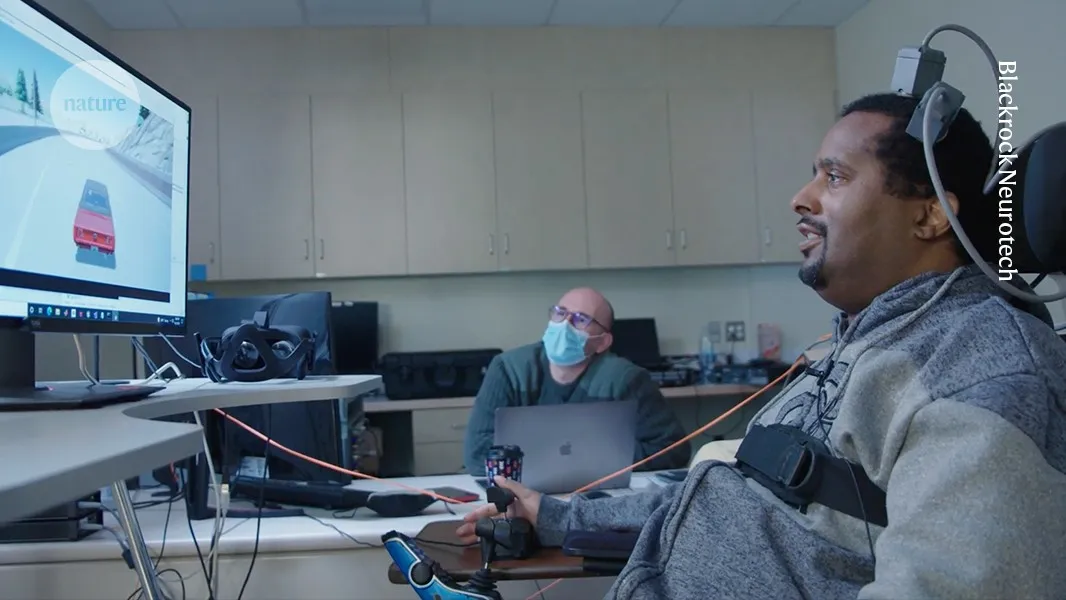Innovative Brain-Computer Interfaces Shape Neuroscience and Medical Research

Advancements in Brain-Computer Interface Technology
The technology behind brain-computer interfaces is progressing rapidly, creating new opportunities in the field of medical research. BCIs offer innovative ways to interact with technology directly through brain signals, enhancing the potential for personalized medicine.
Interdisciplinary Approaches to Understanding Diseases
This approach merges neuroscience, medical research, and humanities, encouraging collaboration across various fields. As researchers study how BCIs can assist with brain diseases, the need for ethical considerations in the development of these technologies is becoming evident.
- Rising potential for treating neurological conditions
- Integration of technology with social sciences
- Challenges in regulatory practices
The Role of Technology in Neuroscience
Technology, particularly BCIs, is proving vital in neuroscience, opening new avenues for understanding how brain diseases function and can be addressed.
This article was prepared using information from open sources in accordance with the principles of Ethical Policy. The editorial team is not responsible for absolute accuracy, as it relies on data from the sources referenced.